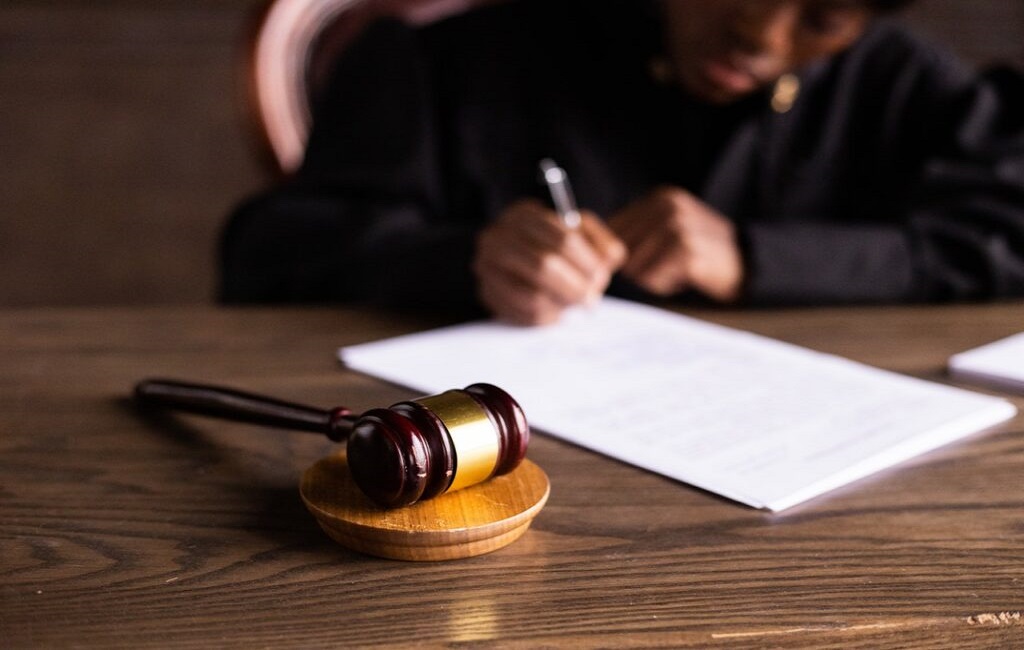How to Choose the Right Pharmaceutical Lawyer for Your Case

The pharmaceutical industry makes billions each year selling dangerous and defective drugs. Despite this, some drug manufacturers rush products to market without adequate testing, causing serious and sometimes fatal patient complications.
Experience
When choosing a pharmaceutical lawyer for your case, you want someone with experience in the industry and in handling legal matters involving pharmaceutical products. Experienced lawyers can help you avoid common pitfalls that may cause legal disputes and financial losses. They can also review and draft contracts to ensure they are enforceable and protect your interests.
The pharmaceutical industry develops, designs, manufactures, and markets thousands of different drugs for use as medicine. These drugs treat various illnesses and injuries and can be very effective when prescribed by your doctor. However, despite numerous laws promoting safe drug design and marketing, some drugs are found to be dangerous or defective. These defects can be life-threatening and cause serious injury to patients.
Pharmaceutical litigation involves consumers suing pharmaceutical companies for harm caused by dangerous or defective drugs. These claims can be based on different legal theories, including negligence, misrepresentation, fraud, breach of warranty, or failure to warn. Some claims are based on the manufacturer’s unethical marketing practices, while others are based on drug testing or manufacturing process problems.
An experienced pharmaceutical attorney can investigate your claim, find evidence of a drug or medical device defect, and file a lawsuit. They can also work with experts to build a strong compensation case. In addition, they can handle complex cases involving multiple plaintiffs and defendants.
Reputation
When choosing a pharmaceutical lawyer, you should ensure they have a good reputation. They should be well-prepared and have experience fighting large pharmaceutical companies, which often have enormous resources and expert lawyers. They should also be able to communicate complex legal matters in an easy-to-understand way.
If a prescription drug or medical device has injured you or a loved one, you may be able to file a lawsuit against the manufacturer. These lawsuits can recover compensation for your losses, including medical expenses, lost income, pain, and suffering. However, filing a lawsuit against a pharmaceutical company can be difficult, especially if you need the right pharmaceutical attorney.
A good pharmaceutical lawyer can assess the medical evidence and the regulatory framework and determine which pharmaceutical companies should be liable for any claims. They will also be able to identify any issues with the manufacturing process and warn you about possible side effects of the medication.
A good pharmaceutical lawyer will also be able to maximize your damages. This will involve reviewing your medical records with a fine-tooth comb and hiring the best experts to exploit any weaknesses in the defense’s arguments. They will also be willing to take the case to trial if necessary. This can be a long and drawn-out process, but holding pharmaceutical companies accountable for their negligence is worth it.
Personality
A good pharmaceutical lawyer can communicate with their clients and explain complex issues in a way that makes sense. They should also be able to handle pressure and stress well. In addition, they should be able to provide zealous representation and be honest with their clients. Finally, they should be willing to take a case to trial when necessary.
A pharmaceutical attorney must thoroughly understand the science behind how medications work. This requires a background in molecular biology and biochemistry and knowledge of clinical studies and FDA regulations. One attorney can only be expected to know some of this, which is why it is important to find a firm with attorneys specializing in different pharmaceutical law areas.
Cost
The pharmaceutical industry develops, designs, manufactures, and markets thousands of drugs to treat illnesses and injuries. Many laws promote the safe design, manufacturing, and marketing of these medications. However, large drug companies often put profits ahead of patient safety and market drugs that cause dangerous side effects.
If you or a loved one has suffered injuries from a defective pharmaceutical drug or medical device, you should immediately schedule an appointment with a qualified pharmaceutical litigation attorney. A pharmaceutical litigation lawyer can help you file a lawsuit against the medication manufacturer and recover compensation for your damages.
A good pharmaceutical litigation lawyer will investigate the drug and its side effects to build a strong case. They will also examine medical records, interview doctors and pharmacists, and hire experts to support their claims. They will determine the extent of your injury and seek compensation for your losses, including medical bills, lost wages, and other identifiable economic damages.
The time it takes to resolve a pharmaceutical case will vary depending on the matter’s complexity and the evidence’s availability. However, an experienced attorney can accurately estimate the process’s length. They can also advise you of any additional costs associated with the case, such as filing fees and witness expenses.
Location
If you or a loved one has suffered injuries from dangerous pharmaceutical drugs and medical devices, you may have grounds to file a lawsuit. Choosing the right lawyer for your case is crucial. You need a lawyer who understands the law and how it applies to the pharmaceutical industry.
A good pharmaceutical lawyer will also know how to protect your intellectual property. They can help you register your patents and trademarks and conduct a thorough search to ensure that nobody else has registered them. This will prevent competitors from using your brand name and trademarks to attract customers.
Many prescription drugs on the market today injure and kill people. Injured claimants can seek full recovery for their medical expenses, lost income, pain and suffering, and other damages from the drug maker in a pharmaceutical product liability lawsuit. The most common claims involve failure to warn, manufacturer negligence, and strict liability.
